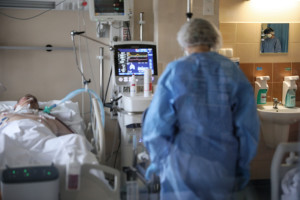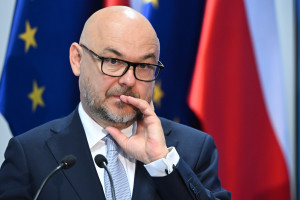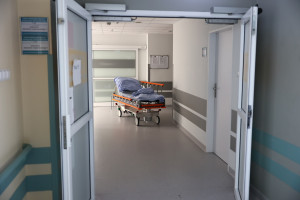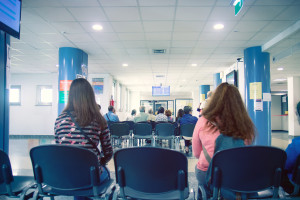Today's decision. The Senate will debate hospital reform. "There will be no more choosing only cost-effective services."

Deputy Minister of Health Jerzy Szafranowicz explained that indebted hospitals will be able to count on financial support. The mechanism for this support is being developed by a team composed of representatives from the Ministry of Health, the Ministry of Finance, and the National Economy Bank. To receive assistance, facility directors will have to implement a recovery plan, which will be reviewed by the provincial branch of the National Health Fund, the voivode, and the Agency for Health Technology Assessment and Tariff System.
"The second, very important mechanism is the ability to reorganize departments. The hospital director must have the ability to reorganize the maternity ward, create care and treatment facilities, hospice, rehabilitation, and geriatric wards," Szafranowicz explained.
He emphasized that the bill is primarily sought by district hospitals, half of which are in debt. He estimated that, according to the bill's criteria, over 200 facilities will be required to implement a recovery plan. " The Ministry will organize training on how to create and implement these plans," the deputy minister announced.
"It will not be possible to conduct hospital policy solely through the prism of economics"Senators asked whether transforming the hospital into a company would signal a move toward privatization. "That's not possible," Szafranowicz replied.
He added that the law provides protection against hospital managers choosing only profitable services. Restructuring or closing a department will require a positive opinion from the provincial branch of the National Health Fund and the voivode, who must ensure access to services in their area.
"This guarantees that we won't be able to cherry-pick only those services that are profitable. It won't be possible to conduct hospital policy solely through the prism of economics," Szafranowicz explained.
When asked whether hospitals in good financial condition would be willing to merge with those generating losses, he appealed to the common sense of the founding bodies.
"If a sensible district head or city mayor sees that merging two hospitals will result in greater operational capacity, staff exchange, and management capabilities, such decisions will be made. I'm more concerned about issues like sympathy and antipathy between cities and local government ambitions than about making a rational decision. Because we know that these are also very important considerations in decision-making," admitted the deputy minister.
As a reminder, hospital reform is one of the milestones of the National Recovery Plan. Poland is to receive over PLN 17 billion for healthcare investments, of which the largest pool – nearly PLN 10 billion – will be allocated to investments in the hospital sector.
Copyrighted material - reprint rules are specified in the regulations .
rynekzdrowia













